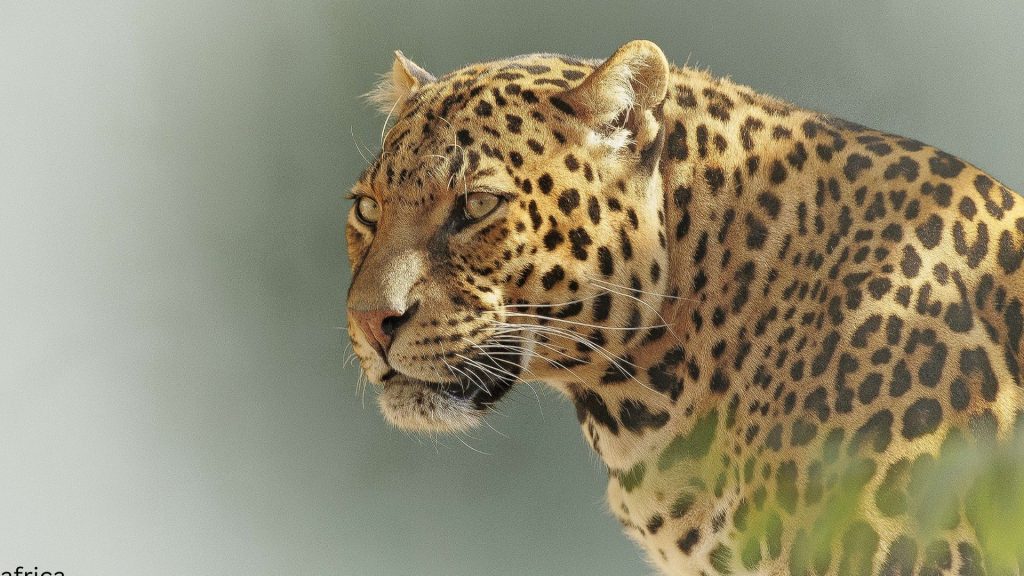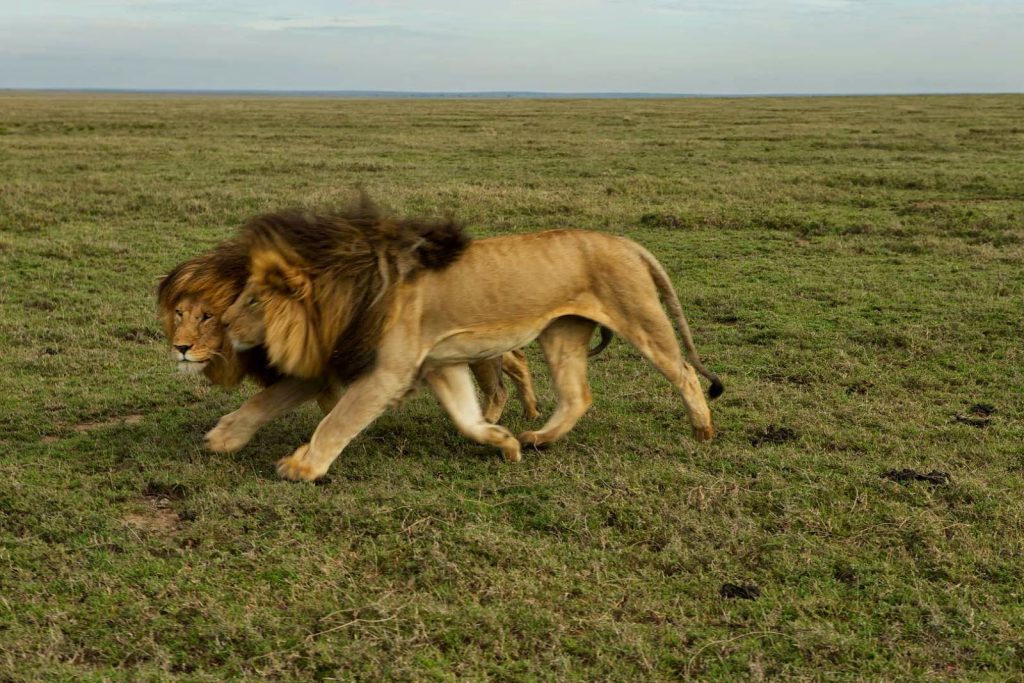what to pack for your Safari
what to pack for your Safari
“The ultimate guide to packing for your safari”
Are you ready to embark on a Tanzania safari? we are here to provide all the necessary information for a better understanding of what to pack before coming to Tanzania with an updated Tanzania safari packing list.
However, to properly enjoy the safari, you need to be prepared.
What you pack will make all the difference on your safari. Pack wisely and be prepared for the unique conditions you may encounter.
Pack only what is necessary Traveling through the African wilderness can be challenging, so make sure you’re carrying small bags with less weight so that your luggage won’t become a burden.
Included in this guide is some information about luggage, and a comprehensive packing list, including clothing, footwear, and accessories in relation to health & safety.
NOTE!
Your Tanzania safari packing list needs may vary depending on the specific location, season, and activities planned for your Tanzania safari.
Luggage for an African safari
The size and type of your luggage are more important than you may realize when visiting Tanzania for a safari trip. Having the appropriate luggage can make your trip more comfortable.
The permitted weight allocation may vary slightly depending on your flight but typically falls between 15 and 23 kg (33 and 44 lb) per person. This usually does not include camera equipment, handbags, or daypack Also normally rolling suitcases go into the flight cabin, so try to pack as lightly as possible for a seamless and stress-free journey. If you really can’t choose what to bring – you can contact us for more information FREE OF CHARGE!
NOTE!
If your bag is overweight you will have to pay the extra fee of between $2 and $5 per additional kilo depending on the flight company
The choice of luggage is equally important as the weight considerations. Suitcases are generally not recommended for safari travel, soft bags/luggage are typically recommended for transportation on smaller aircraft and safari Jeeps.
Tanzania safari packing list
Create your Tanzania safari packing list from this guide and check off items as you pack them!
Clothing
- Lightweight, neutral-colored clothing: Pack breathable, lightweight fabrics like cotton or linen to stay comfortable in the African heat. Opt for neutral colors such as khaki, tan, or olive green to blend in with the environment and minimize disturbances to wildlife, sun, and tsetse-flies.
- Long-sleeved shirts and trousers: Protect yourself from the sun, insects, and thorny vegetation by packing lightweight, long-sleeved clothes. They also offer an additional layer of protection in the cooler mornings and evenings.
- Sweater or jacket: Although the days may be hot, nights and early mornings can be cold, particularly in certain Tanzanian parks. Pack a warm sweater or jacket to keep you comfortable in these cooler periods.
- Swimwear: Some safari lodges and camps offer swimming pools or water-based activities. Don’t forget to pack your swimwear for a refreshing dip or some relaxation at the lodge.
Footwear
- closed-toe walking shoes: Invest in comfortable, closed-toe shoes with good traction for walking safaris and game drives. Choose footwear that provides support and protection against uneven terrain and potential encounters with thorns or insects.
- Lightweight sandals or open shoes: Pack a pair of comfortable, lightweight sandals or open shoes for relaxing at the lodge or camp after a day of exploration.
- Socks: Bring a few pairs of moisture-wicking socks to keep your feet comfortable and protected inside your shoes.
- Wide-brimmed hat or cap: Shield yourself from the sun’s rays during game drives and walks by wearing a wide-brimmed hat or a cap with a neck flap.
- Bandana or scarf: A multi-purpose accessory that can be used to protect your face from dust, cover your head, or serve as a very important accessory.
Accessories
- Sunglasses: Protect your eyes from the intense sunlight and glare, giving you clear vision during your safari adventures.
- Binoculars: Enhance your wildlife viewing experience by bringing a good pair of binoculars. They allow you to observe animals and birds in greater detail, even at a distance.
- Camera equipment: Capture thrilling moments and breathtaking landscapes with a high-quality camera. Don’t forget your additional lenses, spare batteries, memory cards, or whatever else you need for your camera.
- Power bank: Safaris often takes you into remote areas with limited access to electricity. Carry a reliable power bank to make sure that your important electronic devices stay charged though you can sometimes charge your devices on your safari cars.



